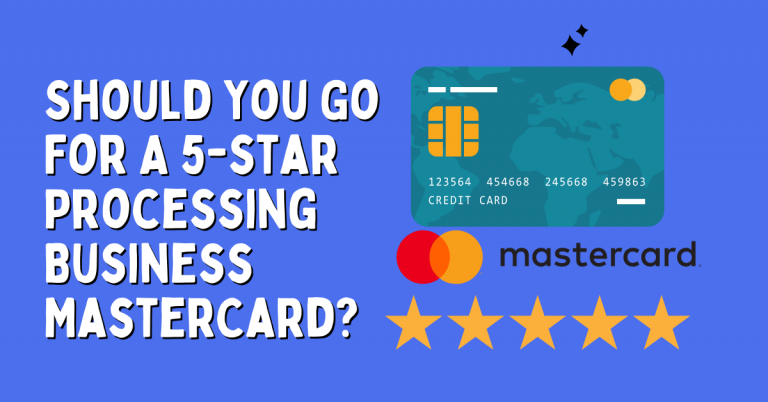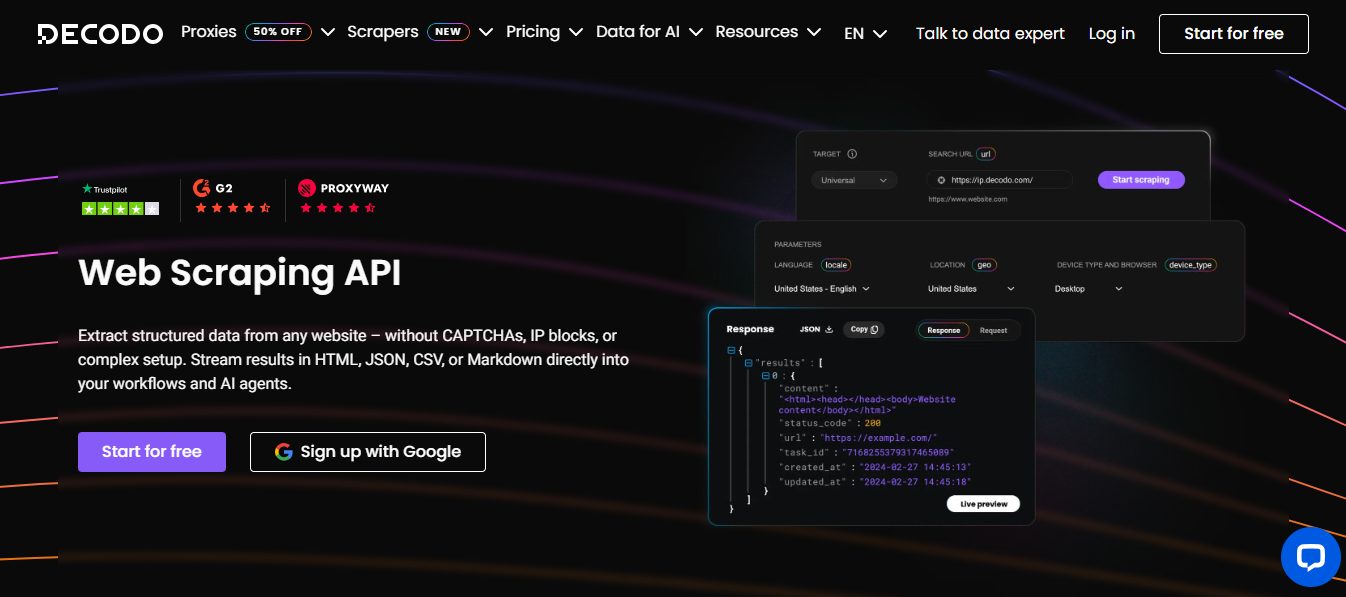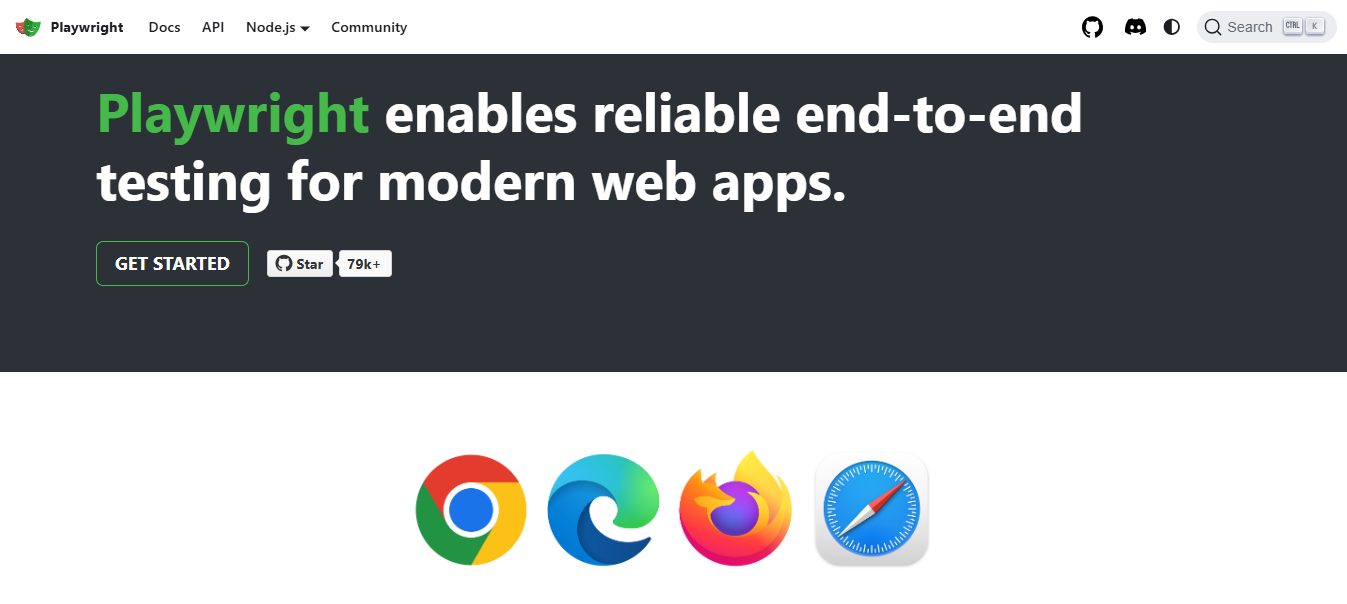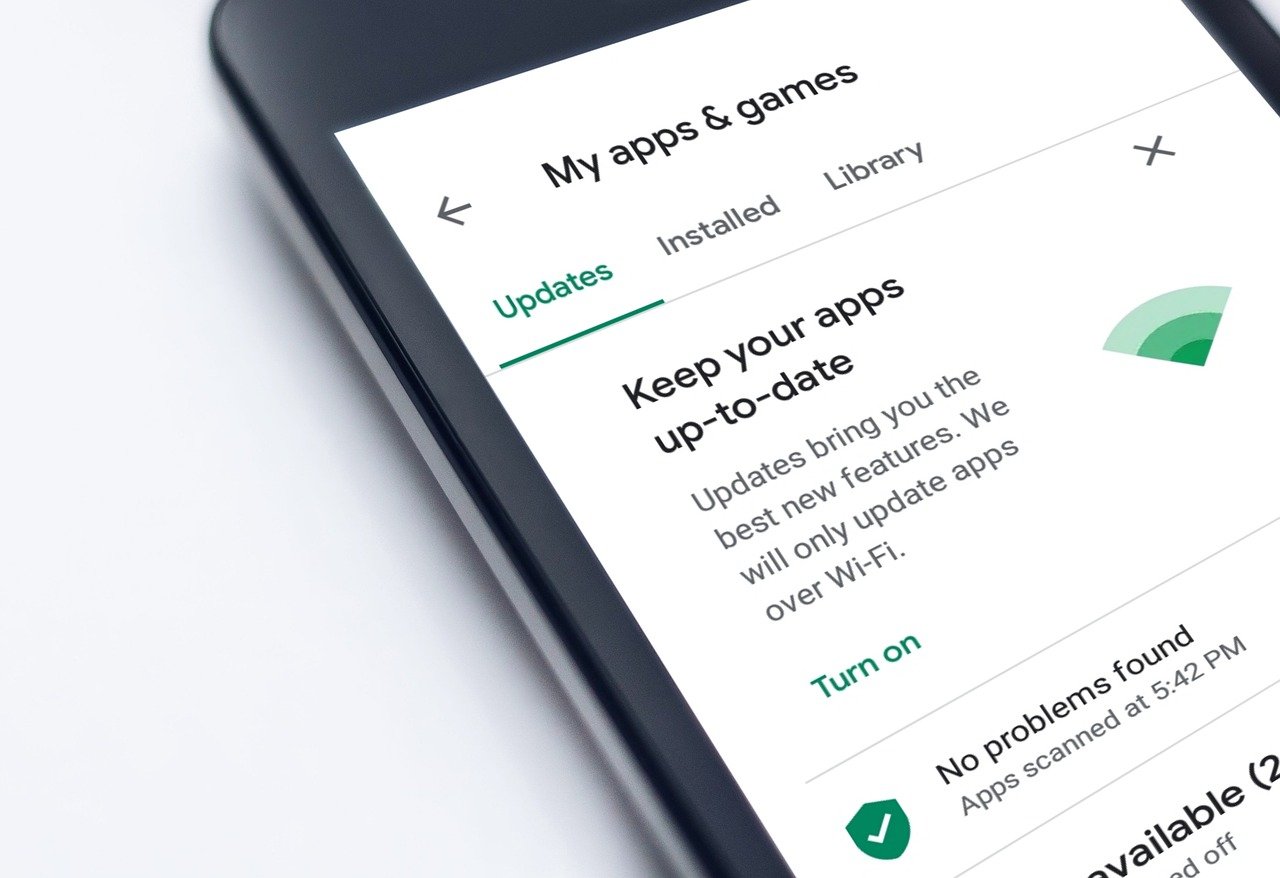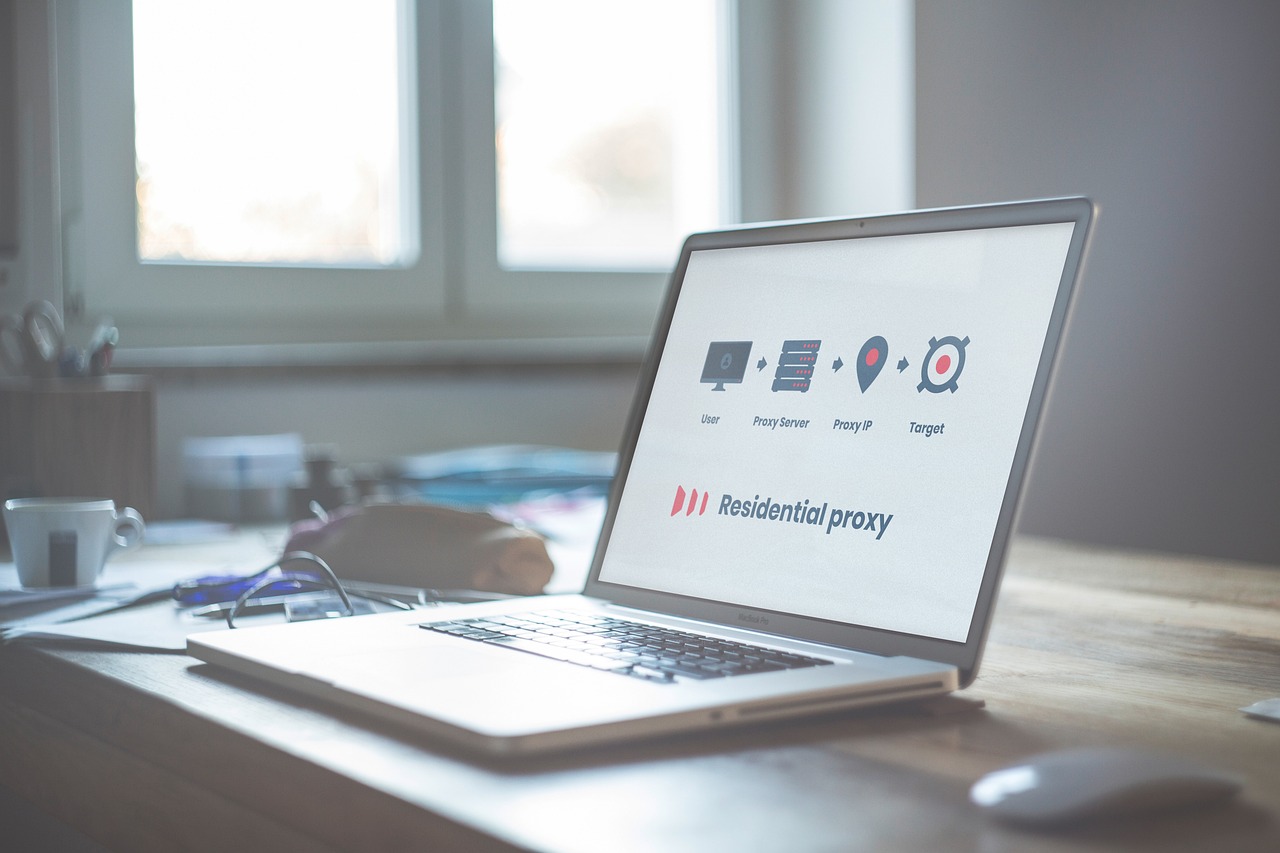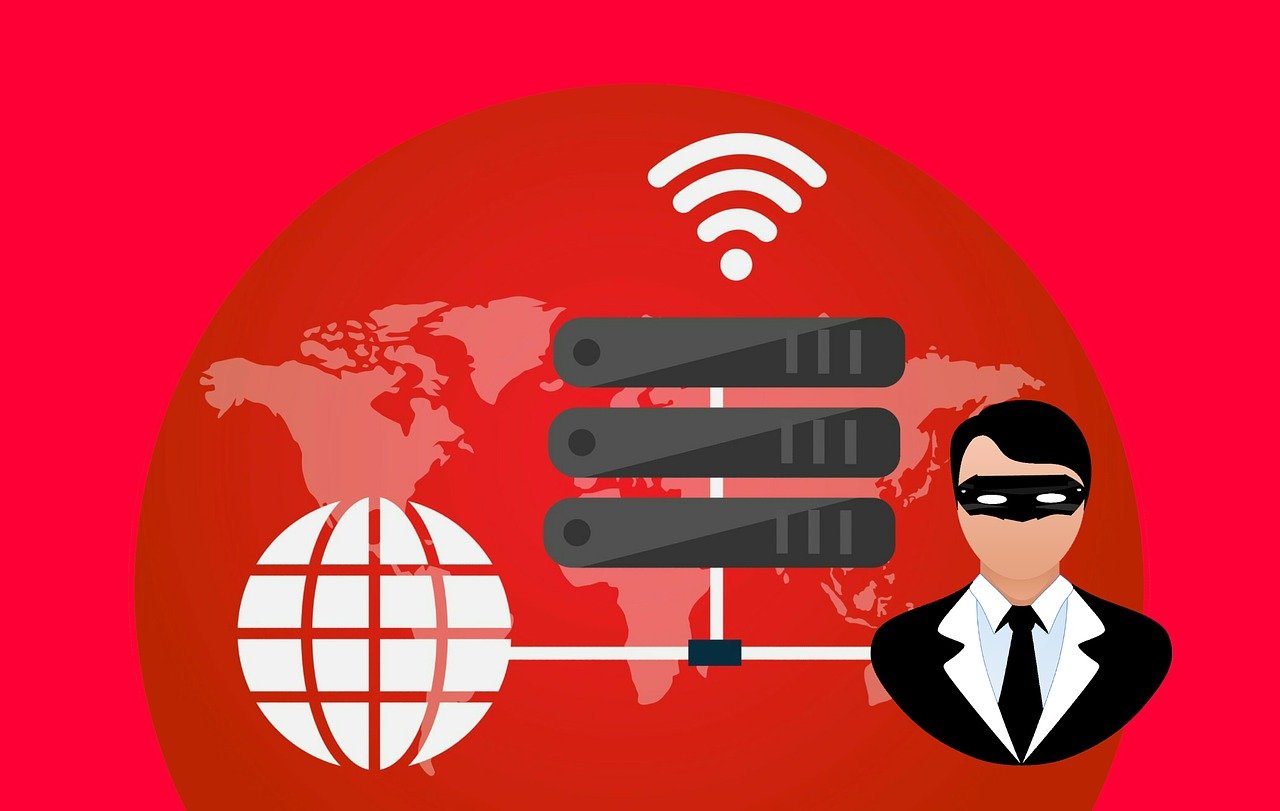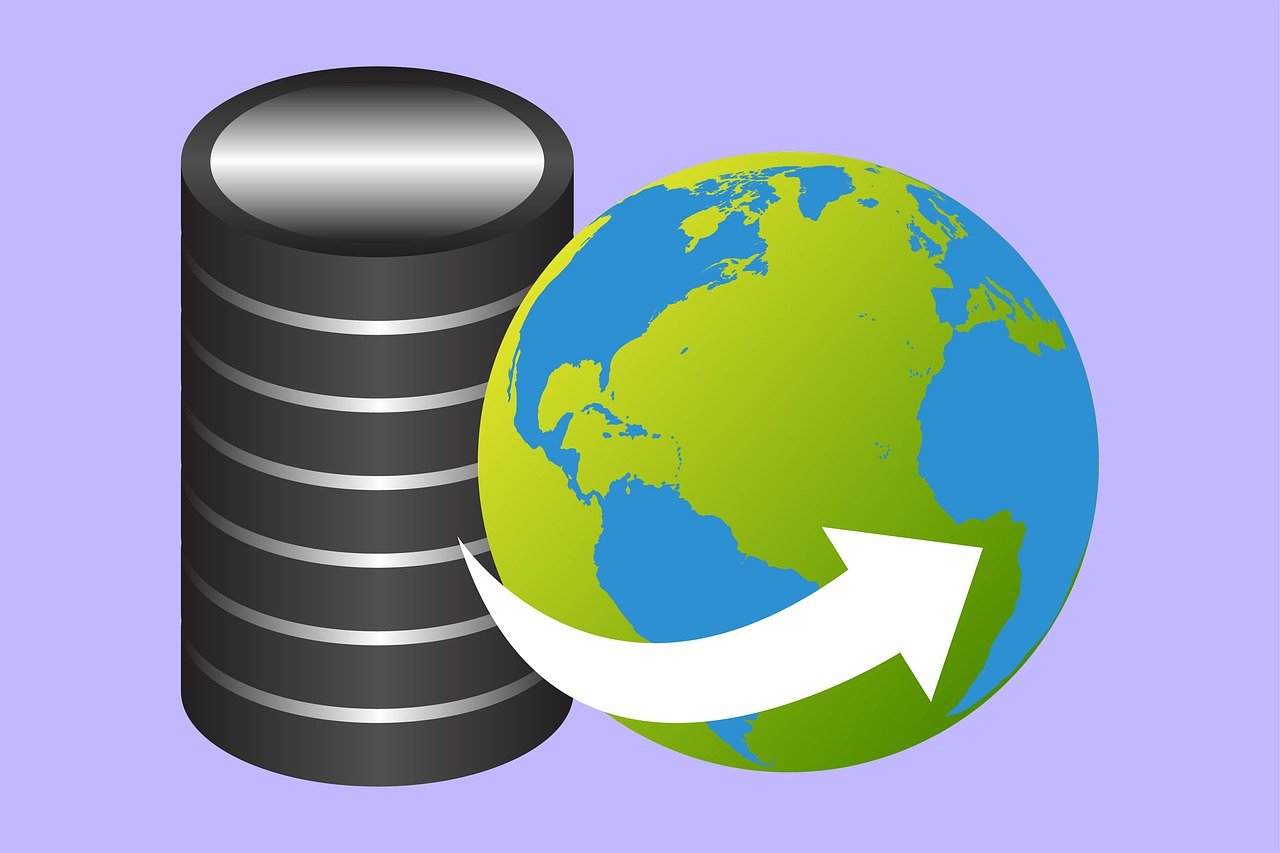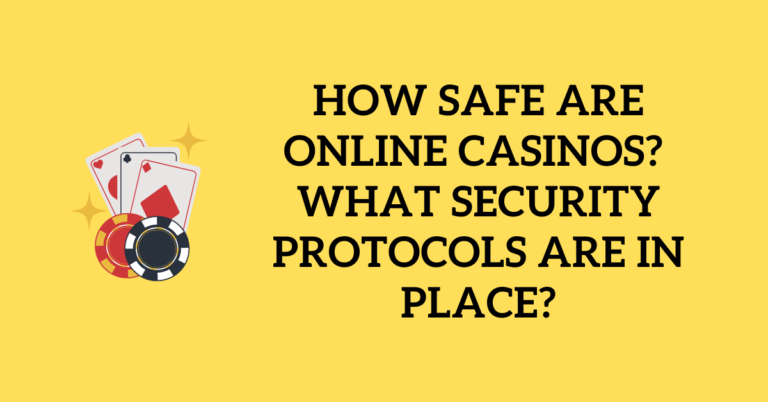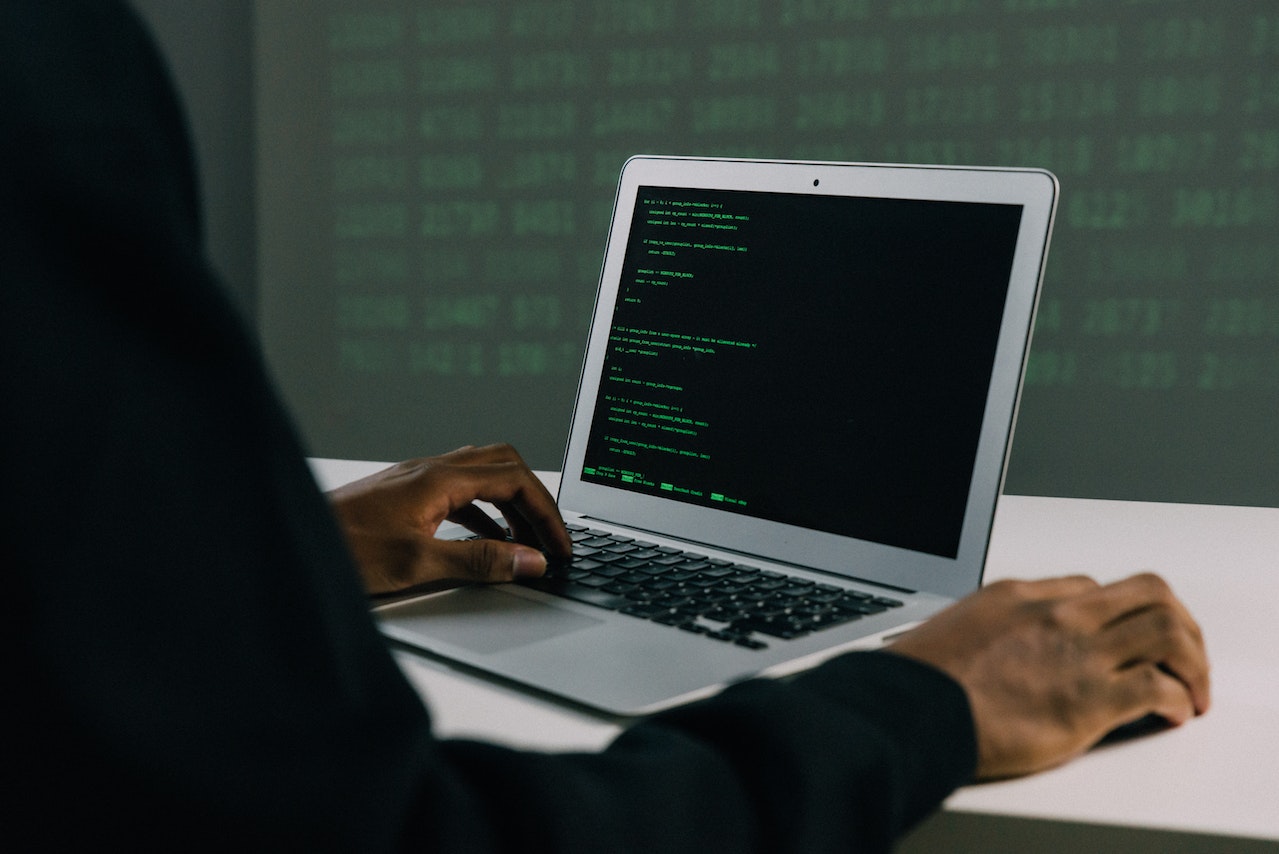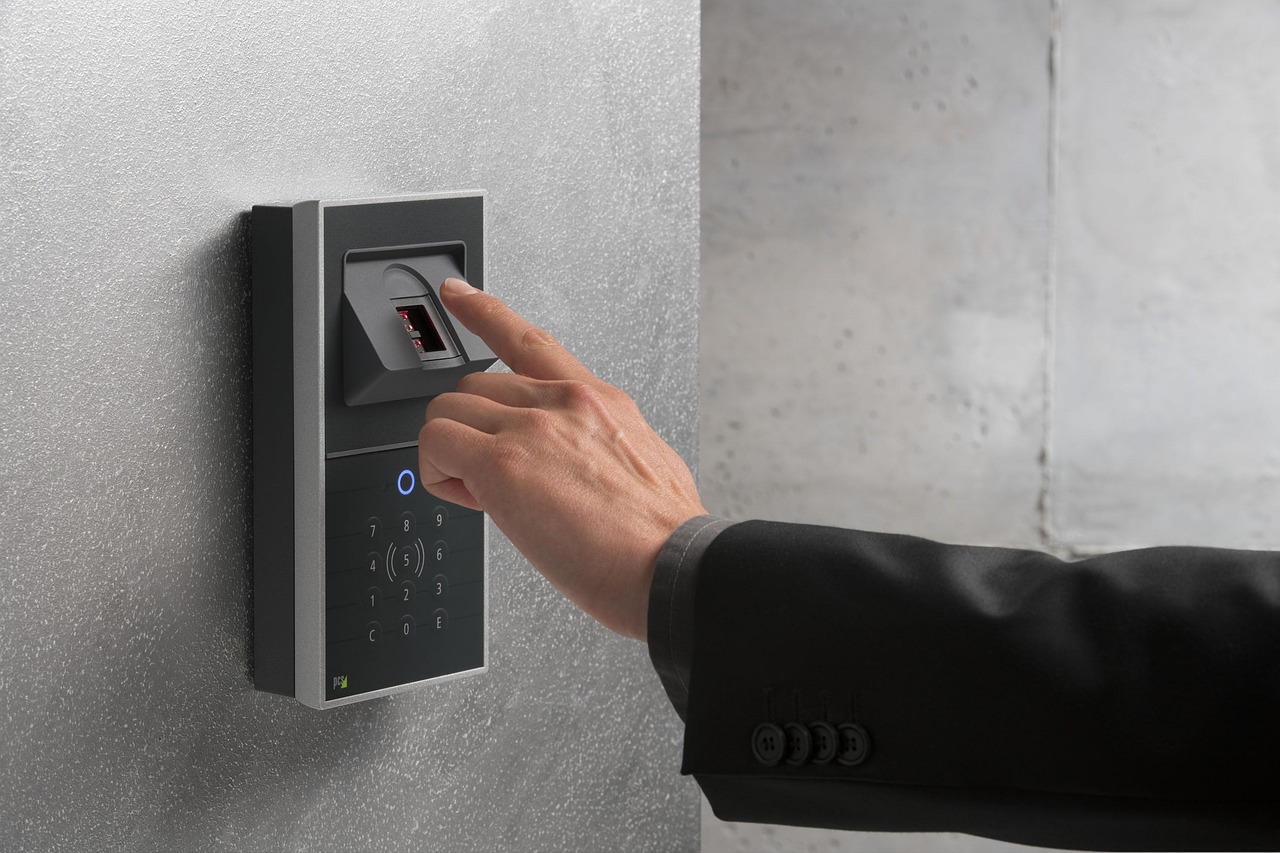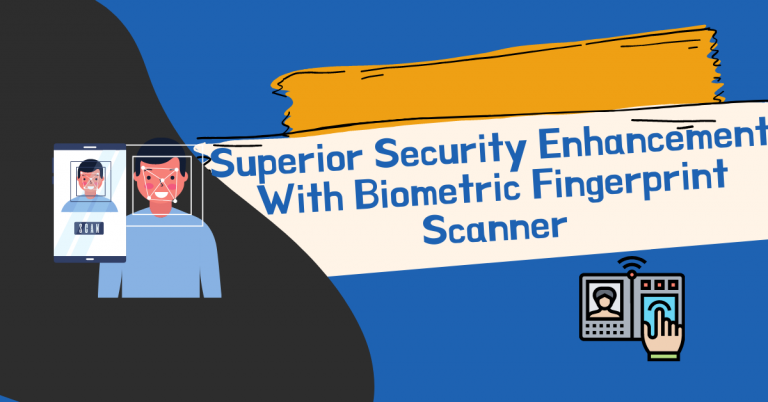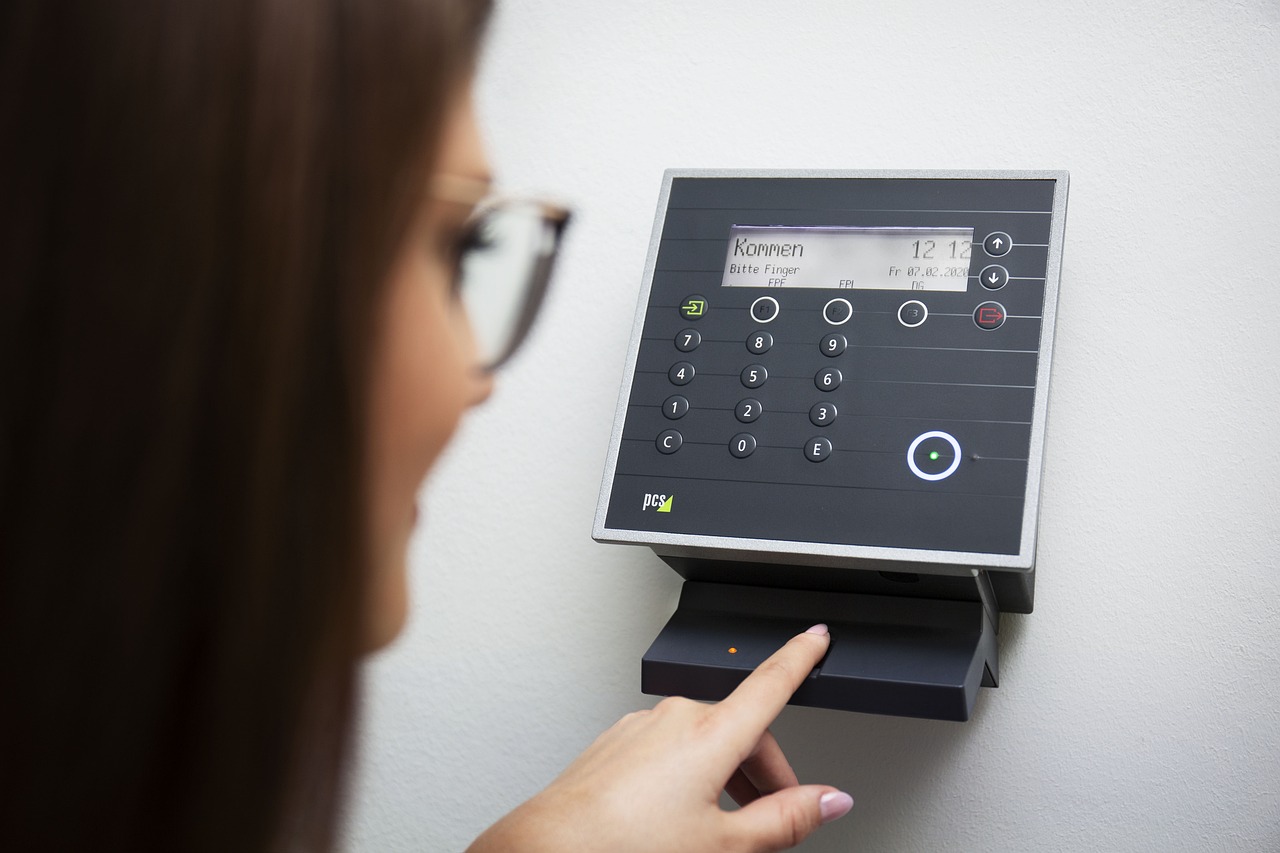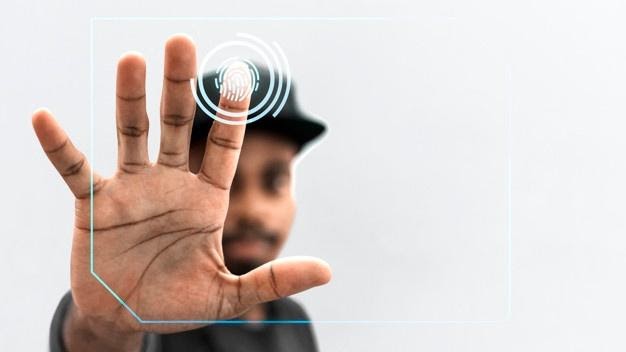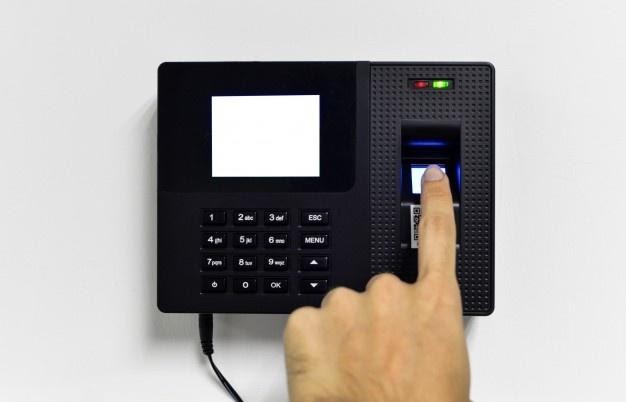In this post, I will talk about the top 8 options-friendly stock analysis tools and platforms.
Staying on top of stock market news is crucial in the fast-moving world of finance, and with an iPhone in hand, you can make informed decisions about buying and selling.
Whether you’re an expert who wants to perfect your game plan, a business owner looking for the right financial tools or simply someone who thinks that there’s no such thing as knowing too much about investing in the stock market, it pays to have access to the best solutions with which to make smart decisions.
This post contains the 8 of the best stock analysis tools that are available in 2025. Our recommended YouTube download and conversion tools have been tested on the aforementioned search factors: features, pricing, accessibility, ease of use and the format in which the movies are converted.
With this intel in your back pocket, you’ll be ready to track down that perfect investment vehicle that matches where you’re looking to go and helps boost your financial IQ.
Table of Contents
Website List
1. BestStock AI
What is BestStock AI
BestStock AI is an AI-based stock analysis application that provides highly accurate, clean, and qualified worldwide market data for professionals and investors with long-term investments.
For the most part, the platform is designed to automate financial research and provide intelligent insights and well-vetted research to optimize investment decisions, eliminating the need for manual data analysis. As a home finance statistics combined with financial analysis of enterprises, BestStock AI helps users make perfect investment at right time.
It also has a stock average calculator that automatically totals multiple fills to show true average price and calculates for fees and splits, as well as break-even and target exits for better position management.
Features
- AI‐generated Financial Analysis, which automates calculations so that you can take action straightaway
- End-to-end market coverage, including full corporate financials and daily research curated by industry experts
- State-of-the-art statistical and business analytics resources to support decision-making
- Easy-to-use data visualization options that make complicated data clear, actionable trends
- Fully integrated with workflows to make research and investment processes more efficient
Pros and Cons
Pros:
- Fast, reliable access to the trusted global market data you need for more informed decisions
- Automatic data processing and insight generation through AI-based financial analysis
- Full access to all of our coverage, including detailed corporate financial data, reporting, and deep dives into how companies are performing at this pivotal moment in time
- User-friendly tools built for pros and long-term investors
Cons:
- It may be too much for an individual not savvy in sophisticated financial analysis tools
- Not enough options for highly personalized investment strategies
- Some hairdressers experience occasional data performance issues during busy periods.
2. Tickeron
What is Tickeron
Tickeron is a financial technology, artificial intelligence (AI), and robot-advisor company that provides robo traders with unparalleled tools to maximize trading performance. Its main objective is to equip investors with AI tools, real-time data, and predictive analytics, enabling them to make more informed decisions and maximize their trading outcomes.
With a range of functions that include market trend analysis, customized alerts, and an AI-powered knowledge indicator for novice traders, Tickeron makes the investment process more efficient for all levels of traders.
Features
- Cutting-edge machine learning technology delivers the optimal sound experience based on your unique hearing profile.
- User-friendly layout that makes for easy navigation, whether you are a beginner user oran advanced/intermediate user
- Embedded communication methods designed to improve collaboration and project organization
- Comprehensive data visualization capabilities that allow for intelligent decision-making
- Works across different types of devices, whether you’re on your phone, tablet, or computer.
Pros and Cons
Pros:
- Easy-to-use interface that increases productivity
- Excellent customer care and resources provided
- And Customizable according to Business Needs
- Integrates effortlessly with third-party apps
Cons:
- The initial process is time-consuming
- Less advanced reporting functions compared to the competitors
- Some of the advanced features may be available at an extra cost
3. Moneycontrol
What is Moneycontrol
Moneycontrol is India’s leading financial information source for Live Stock Price, Stock/Share Trading news, Stock/Share Markets Tips, Sensex, Nifty. Its primary goal is to establish a reliable source of information for investors and traders to navigate the ever-changing financial markets.
Loaded with features such as live stock quotes, a comprehensive stock analysis, and news, the Moneycontrol app is your gateway to the rich and intricate financial markets of India.
Features
- Real-time data analysis to guide informed investment decisions and solid market insights
- Easy to use reports, tracking of performance and trends within minutes
- Easy-to-use interface for browsing and a better user experience
- Alerts and push notifications on all major markets, CFD. For the latest news, download our App: Enhanced capabilities, extraordinary features.
- In-depth analysis and trading strategy recommendations from industry leaders to help you decide on the best options to trade.
Pros and Cons
Pros:
- The market is showing a decent recovery, withthe Sensex moving up 600 points from its lows
- Investors hope for a rate cut by the RBI, which could be a signal for economic growth
- Strong performance of specific stocks, like Biocon, which had posted strong corporate earnings
- A rise in investor interest with Nifty back above the 26,000 level
Cons:
- Volatile marketsare impacted by external factors, causing investors uncertainty
- The threat of profit booking may scare long-term investors, as witnessed in Groww shares post-listing gains
- Can be slowed down during times of high trading activity
4. AlphaInsider
What is AlphaInsider
AlphaInsider is the modern marketplace for trading strategies, where participants can buy, sell, and broadcast their individual trading approaches. Its primary goal is to help traders by making available a range of tools, information and experience to enable them make informed decisions which will maximize their trading results.
Dedicated to openness and the power of community, AlphaInsider is an invaluable resource for both newbies and veterans who share the goal of elevating their trading game.
Features
- Cutting-edge data analytics technology to provide actionable insights and better decisions
- The interface is easy to use and easy to navigate through for a better world experience
- Powerful team collaboration that helps you work better together and communicate more effectively
- Detailed reporting capabilities that provide live performance statistics and daily trends
- Variable pricing options that can accommodate companies of any size and budget
Pros and Cons
Pros:
- Insider-centric focus: Combines Form 4 buys/sells, option grants, and 10b5-1 programs to surface potential conviction signals and governance red flags.
- Robust filtering and anomaly detection: Filter by role, transaction size, ownership change, sector/industry, time window; heatmaps & clustering unveil anomalous patterns.
- PerformanceContextual: Historical post-trade return studies, sector/market baseline comparisons, and insider hit-rate ratio to look at for the signal strength.
- Workflows for the moment Include Real-Time alerts, watchlists, and calendar views of known upcoming lockups/blackouts help enhance monitoring and trading.
- Integrations and exports: CSV/API exports, email/Slack/webhook alerts, and broker/watchlist sync make research/algo integration easy.
Cons:
- Noisy and ambiguous signals: Many insider trades stem from diversification, tax, or liquidity reasons, or predetermined schedules (10b5-1), which can compromise independent credibility.
- Coverage and latency constraints: Filing delays, amendments, and a greater U.S. bias; thinner small-cap and international data compared to full fundamental suites.
- Thin fundamentals/news depth: Strong on insider flows, thin on deep forensic accounting, alternative data, or premium news as compared to all-in-one providers.
- Pricing tiers: Power features, such as advanced filters, a longer history, and API access, are often found on more expensive plans, providing less value for casual users.
5. Stockpulse
What is Stockpulse
Stockpulse is a technology pioneer utilizing AI to scrape social media and provide real-time sentiment trading signals for financial markets. It is primarily intended to help financial institutions make more informed decisions by making supplied data actionable for market analysis, risk evaluation, and regulatory reporting.
Whether providing AI-generated summaries or sentiment analyses, Stockpulse delivers valuable data to clients, enabling them to better understand and profit from the intricacies of trading and investment.
Features
- Real-time monitoring of social media for early identification of market manipulation and anomalies
- Sumood AI summarizes Thousands of concise reports, driving better market analysis and decision-making
- Enhanced analytics to enable financial institutions to measure and mitigate risk.
- AI-based sentiment analysis integrated into current trading platforms for better decision-making
- More information, leading to smarter decisions, and better market integrity generally
Pros and Cons
Pros:
- Translates social media into currency for better investment decisions
- Next-generation AI for market manipulation and fraud detection
- Creates shortened reports that enhance market analysis and risk underwriting
- Easily adapts in the context of financial workflows and tools
Cons:
- Potential of being expensive to become ubiquitous in larger institutions
- There is potential for bias due to the use of social media data
- Minimal emphasis on the UI/Ux for non-tech users
6. Transparently
What is Transparently
Transparently AI is a cutting-edge AI platform that discovers accounting manipulations and corporate financial fraud. Its mission is to add transparency and trust in the global markets by offering a cutting-edge, AI-powered Risk Engine that informs users about financial weaknesses.
Built-in, with the help of tools such as the GenAI forensic accounting assistant, participants have the opportunity to gain key insights to make informed investment decisions and prevent risks related to corporate accounting.
Features
- Cutting-edge AI that detects financial reporting fraud and accounting gimmickry in real-time
- Risk Engine, powered by AI, to provide real-time insights on company financial risks
- Pioneering GenAI forensic accounting assistant to deep-dive into financial vulnerabilities
- An objective account that enables informed decisions and supports corporate responsibility
- Detailed investigative advice for uncovering and addressing the risks of business manipulation
Pros and Cons
Pros:
- Next-generation AI technology to increase transparency and trust in financial markets
- A well-architected Risk Engine for rapid determination of financial risks
- Revolutionary GenAI forensic accounting assistant for deep insights
- A no-spin list of potential corporate accounting weak points
Cons:
- Some advanced features may be confusing to learn and use
- No ability to create custom financial analysis templates
- Trusting in AI could result in some rare mistakes with risk assessment
7. RockFlow
What is RockFlow
RockFlow is an AI-powered fintech solution that makes investing simple and more effective. Through sophisticated algorithms and feed in real time, users can easily create and manage AI-powered portfolio – all while Bobby, the virtual assistant executes trades on their behalf, knows market trends for an edge when making decisions.
Through RockFlow, you’ll be able to buy and sell smarter and faster, ensuring investing isn’t just something that you can do on the go, but something that’s fun.
Features
- Portfolio management utilizing AI, which creates and maximizes investments in seconds
- Real-time market data driven by 1000 data streams and quant models
- Automated trade entry to match your custom order instructions
- Monitoring social networking for trends and warning signs
- Individualized matchmaking with leading traders tailored to your investing strategy
Pros and Cons
Pros:
- Portfolio management managed by artificial intelligence that makes your investing easy
- Real-time monitoring of the market via social media and data feeds
- Electronic business execution to save time for investors
- Access to elite traders and customized trading strategies
Cons:
- AI reliance may not be to all investors’ tastes
- Not fully accounted for is the potential of extreme market volatility
- Limited functionality for offline trading and portfolio management.
8. Earnings Whispers
What is Earnings Whispers
Earnings Whispers is a financial website, insights and analysis on earnings announcements and market sentiment. Its primary focus is helping investors understand earnings expectations and sentiment, through features like The Whisper Report (blurb/sound bite that higlights earnings news and discussion generating interest), focused on both the past and upcoming.
Earnings Whispers is the only provider of real, professional whisper numbers for professional traders and investors – the most reliable earnings expectation available – based on superior fundamental research that is combined with investor sentiment data, quantitative studies, and technical analysis to create a valuable indicator for favorable trading and investment decisions.
Features
- In-depth earnings sentiment analysis to determine investor interest and market trends
- Immediate positive earnings expectations updates for members to make investment decisions ahead of other investors
- Detailed commentary and analysis on recent earnings to help you know what’s happening
- Intuitive earnings sentiment visualization for optimal comprehension and strategy
- Custom alerts for news related to earnings announcements that are making new highs, breaking out, dropping, and much more.
Pros and Cons
Pros:
- A source of timely insights on earnings sentiment when making investment decisions.
- Features earnings releases on which the most stock analysts are making revisions
- Extracts new and future positive earnings discussions
- Easy access to earnings news and trends for deep market analysis
Cons:
- Sparse details were available on negative earnings sentiment.
- Detailed analysis for more complex financial evaluations may not be provided
- Subscription fees may make it a nonstarter for retail investors
Key Takeaways
- The right stock analysis tool for you will vary based on your investment strategy and risk tolerance.
- Past performance and market trends should not be the only driver — what a business is worth or economic indicators matter more: fundamental analysis.
- You can greatly increase your analysis efficiency if you work well with its trading platforms and data feeds.
- User-friendly and the clarity of financial jargon are very important for making good decisions and profitable trading.
- Continued updates and active development demonstrate a commitment to accuracy and the introduction of innovative new features in the fast-paced stock market.
- Security elements related to data protection of sensitive financial information and compliance with regulations.
- A lot of community support, such as forums and educational resources, can help mitigate the learning curve and increase success with investing, generally speaking.
Conclusion
In our above journey of the top 8 stock analysis software, you can see the market has a whole range of options to suit all requirements and choices. I’d say that understanding what works best for you and the platform that offers features tailored to your unique needs, combined with hands-on usability, meets the value based on your investment strategy.
Whether you’re new to investing and want to know more or are a seasoned trader looking for detailed analysis, these are the best tools available today.
All of these platforms offer something to suit their users, including intuitive UIs, robust analytics, and effective customer support. We urge expert reviewers to take this map as a starting point for your investigation and that the ultimate choice will be determined by your actual handles on these tools.
WealthscapeInvest signals the future of stock tracking and selecting the best solution, while it’s still new, will benefit you in the years to come. Begin to consider these options today and take control of your investing life!
INTERESTING POSTS



